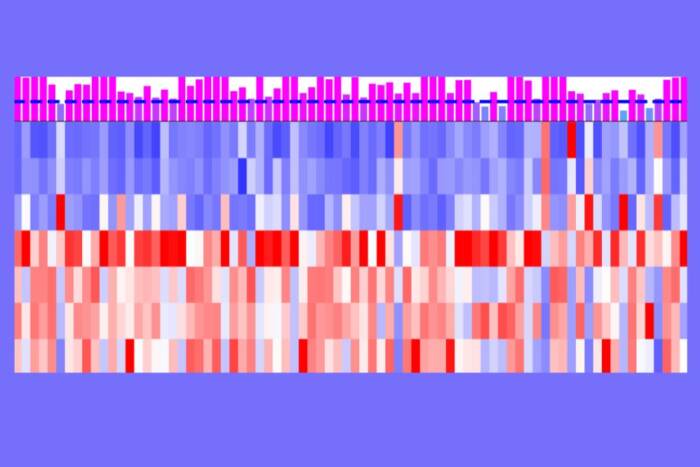 (opens in new window)“This year’s Leiden rankings confirm that our impact in the scientific community and around the world is outsized,” says Marc Tessier-Lavigne, the university’s president. “The remarkable data are a reflection of both the importance and the influence of the scientific and clinical discoveries that our faculty contribute.”
(opens in new window)“This year’s Leiden rankings confirm that our impact in the scientific community and around the world is outsized,” says Marc Tessier-Lavigne, the university’s president. “The remarkable data are a reflection of both the importance and the influence of the scientific and clinical discoveries that our faculty contribute.”
Rockefeller’s metrics in the 2016 Leiden ranking are well above those of the next four institutions in the list: MIT, Stanford, Harvard, and Princeton, in that order. Out of Rockefeller’s total publications, 5.3 percent were considered extremely high impact—the top one percent most widely cited—and 28.2 percent were high impact—in the top ten percent most cited. The figures for the other members of the top five ranged from 2.7 to 4.1 percent, and 21 to 25 percent, respectively.
The Leiden Ranking evaluates universities on the impact of research conducted by their scientists and their involvement in scientific collaboration. It focuses strictly on citation impact, using a methodology that accounts for differences between scientific fields in citation and collaboration practices.
Rockefeller was first listed in the annual Leiden ranking in 2014, when it also took the number one spot.


